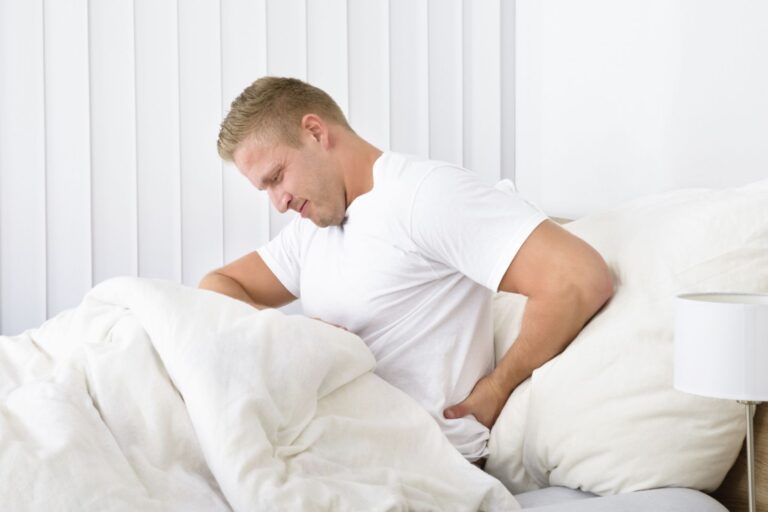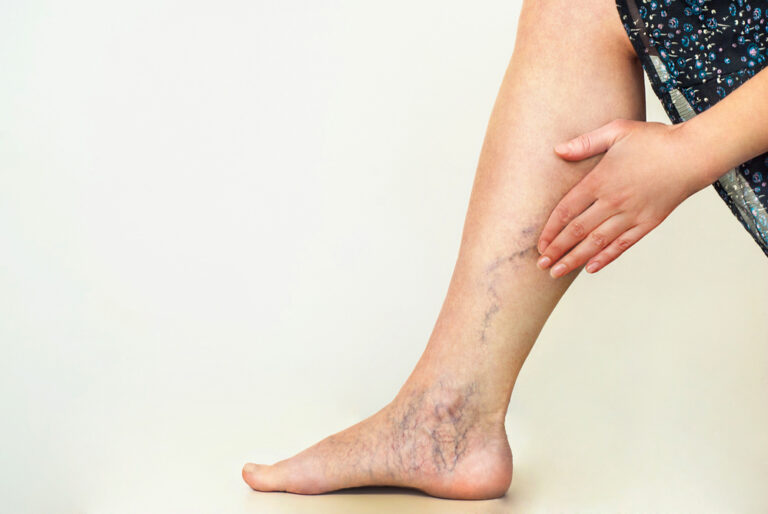
You were probably advised, for as long as you can remember, that flossing is a crucial step in maintaining your oral health. Your parents, commercials and even dental practitioners always acutely suggested flossing after brushing your teeth. Well, recent studies on the matter showed that flossing may not be as relevant to your dental hygiene as everybody thought!
An investigation conducted by the Associated Press looked at 25 years of research that usually compared the outcomes of either the use of toothbrush alone or the use of toothbrush combined with floss. The results might surprise you, as it did me! The majority of conclusions sounded like this:
- “weak, very unreliable,”
- “inconsistent/weak evidence.”
- “very low” quality;
- “a moderate to large potential for bias.”
- “lack of efficacy.”
- “majority of available studies fail to demonstrate that flossing is generally effective in plaque removal.”
Since 1979, the U.S. government recommended flossing in the Dietary Guidelines for Americans released every five years. But, under the law, those guidelines must be based on scientific evidence. The federal government, after being asked by the Associated Press, admitted no scientific research attested the effectiveness of flossing.
When Dr. Wayne Aldredge, president of the American Academy of Periodontology was asked about this, he said that although evidence is weak, further research should be done on patients who have a higher risk of gum diseases, such as smokers and people with diabetes. With all the fuss around floss, I still promote correct flossing.
With is an up and down the sides of the teeth, instead of a sawing motion. Keep this in mind and always make sure you do not damage the tissue of your gums. Teeth are crucial and maintaining a healthy mouth is the key for your well being.






